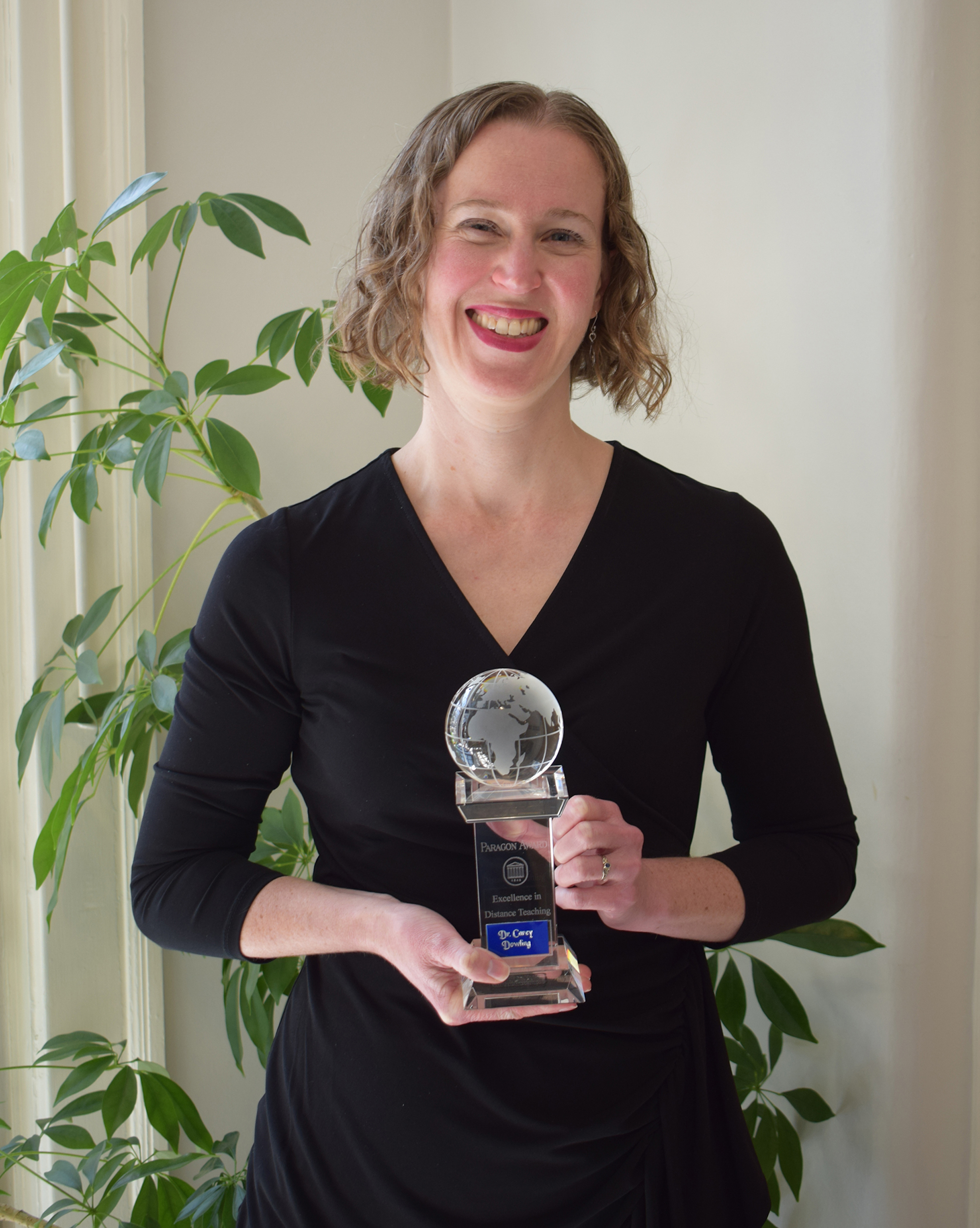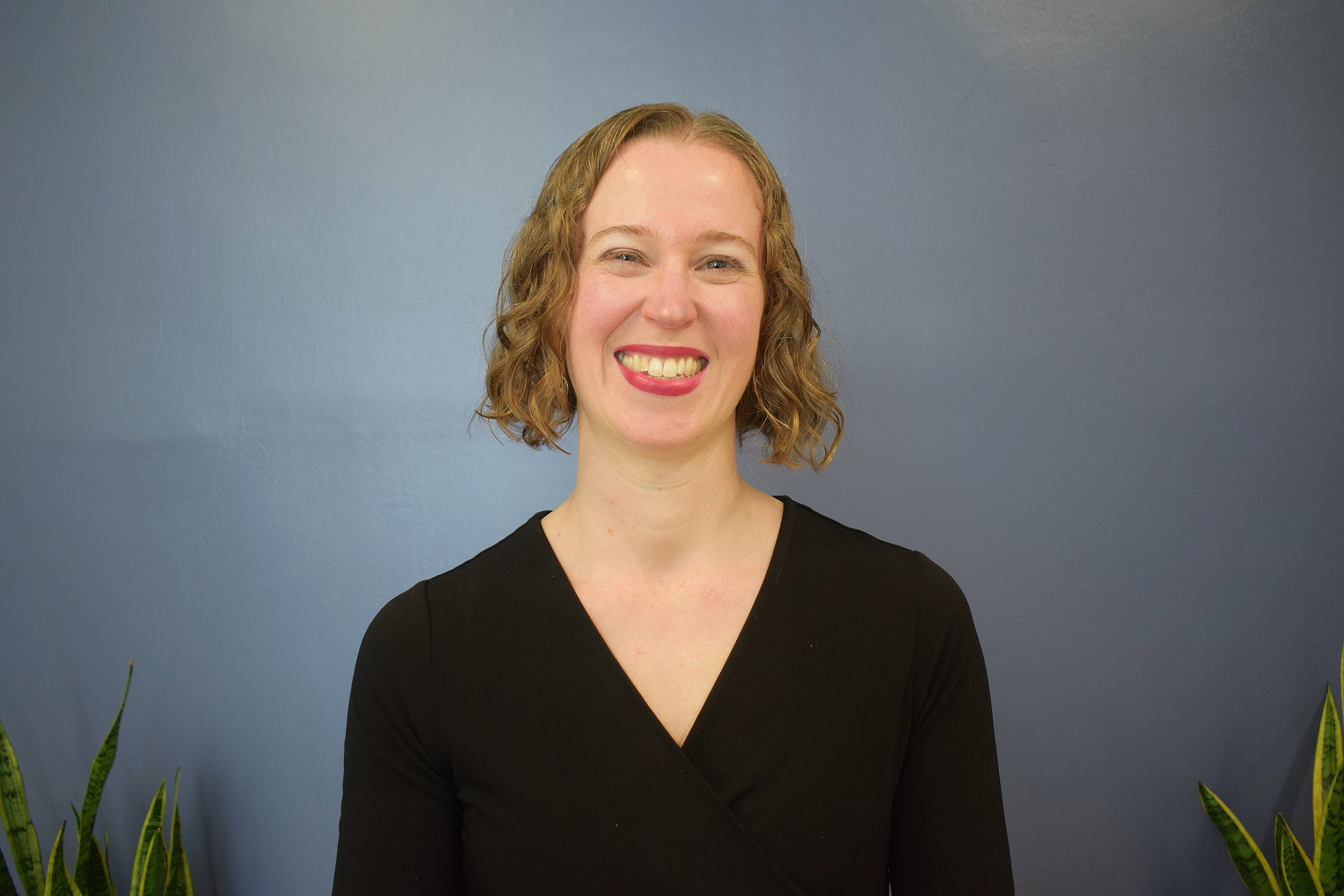UM professor Dowling named University’s top online instructor
Published 12:30 pm Monday, March 21, 2022
Following a global pandemic, online learning has seen tremendous growth at higher education institutions across the nation. At the University of Mississippi, faculty are developing unique and innovative ways to support virtual instruction.
The UM Office of Academic Outreach, which houses Ole Miss Online, presents the Paragon Award for Excellence in Distance Teaching to recognize these efforts. Winners are selected annually based on criteria such as successful course design, creative use of technology and dedication to excellent learning experiences.
Carey Bernini Dowling, instructional associate professor of psychology, is this year’s Paragon Award recipient. Laurie Babin, instructional associate professor of business administration, and Georgianna Mann, assistant professor of nutrition and hospitality management, were selected for honorable mentions.
The awardees will be featured at the annual “Toolbox Talks” virtual event at 10:30 a.m. March 23.
“I was very honored to be chosen for the Paragon Award,” Dowling said. “It feels really amazing to be recognized by my colleagues.”
Mary Lea McMillan, assistant director of academic outreach, applauds all online faculty who were nominated.
“The purpose of the Paragon Award is to recognize and reward superior online teaching, to encourage continual professional growth, and to encourage online instructors to serve as role models in academic excellence,” she said. “Drs. Dowling, Babin and Mann all embody these qualities in their online teaching and in their mentoring of students.
“In fact, every year that I have been involved with the Paragon Award, I am truly impressed by the creativity and ingenuity of not only the winners and honorable mentions, but also by all the online faculty nominated for this award.”
Dowling teaches two online courses: PSY 309: Learning and PSY 311: Psychopathology: Integrative Approaches. Students gave enthusiastic comments in their evaluations of these classes, saying it was easy to learn the material and that Dowling was invested in their success.
Dowling used a method called backwards design to create the courses.
“All coursework is preparing students to meet course objectives, and the assessments are designed to directly assess course objectives,” she said. “This leads to a variety of types of coursework, as well as a variety of assessment types and a focus on students’ meeting the course objectives throughout the semester.”
The courses are highly structured, which helps students stay on track; this can be especially challenging to do in online classrooms. Dowling uses a mixture of firm and recommended deadlines to pace the students.
“I set up my courses so that it is like an in-person, three-times-a-week class,” she said. “I provide recommended completion dates for coursework on Monday, Wednesday and Friday each week but allow students to complete almost all coursework late for full credit to allow for the needed flexibility in an online learning environment.”
Frequent communication among Dowling and her students is a key part of the courses’ success. Dowling ensures this through weekly announcements, question responses and participation in Slack, a communication platform.
“Despite both courses having an enrollment of 150 students, I attempt to create a sense of community for the students,” she said. “The students share an introduction with myself and their classmates and there are multiple methods that they can communicate with one another through.”
One example of this is an interactive 20-question game on Slack that Dowling uses in her PSY 311 class. The game, which students play multiple times a semester, requires them to ask and answer one another’s questions.
Trained as a clinical psychologist, Dowling received a Ph.D. from Stony Brook University in New York. Her teaching philosophy is based on her training, knowledge and experiences in and out of the classroom.
She believes that improving as a teacher is an iterative process.
“I strive to grow as a professor and become more effective each semester as I work to help my students master course objectives,” she said. “Therefore, I frequently attend teaching conferences and workshops, I read journal articles and books on pedagogy, listen to teaching focused podcasts, and I draw from the broader psychological literature.”
Teaching online courses has many benefits, but the biggest positive is student accessibility, Dowling said.
“Some students in my online courses would not be able to access in-person learning,” she said. “I’ve had office hours with students who are at work on their lunch break. Even though they are not physically present, they can still complete aspects of the class when it’s ideal for them.”
Dowling, Babin and Mann are slated to present at the “Toolbox Talks” event, which is in its fourth year. The event will feature creative ideas and recommendations from multiple Ole Miss online faculty members.
Dowling’s biggest piece of advice for new online instructors is to avoid making big changes all at once.
“Try one small tweak each semester,” she said. “If it works, then great, and if not, you can go back to what it was the previous semester. Over multiple semesters, you can make pretty big changes, but not a complete course redesign, which is overwhelming and time consuming.”
To register for the “Toolbox Talks” event and hear more about online instruction at Ole Miss, visit this page.







